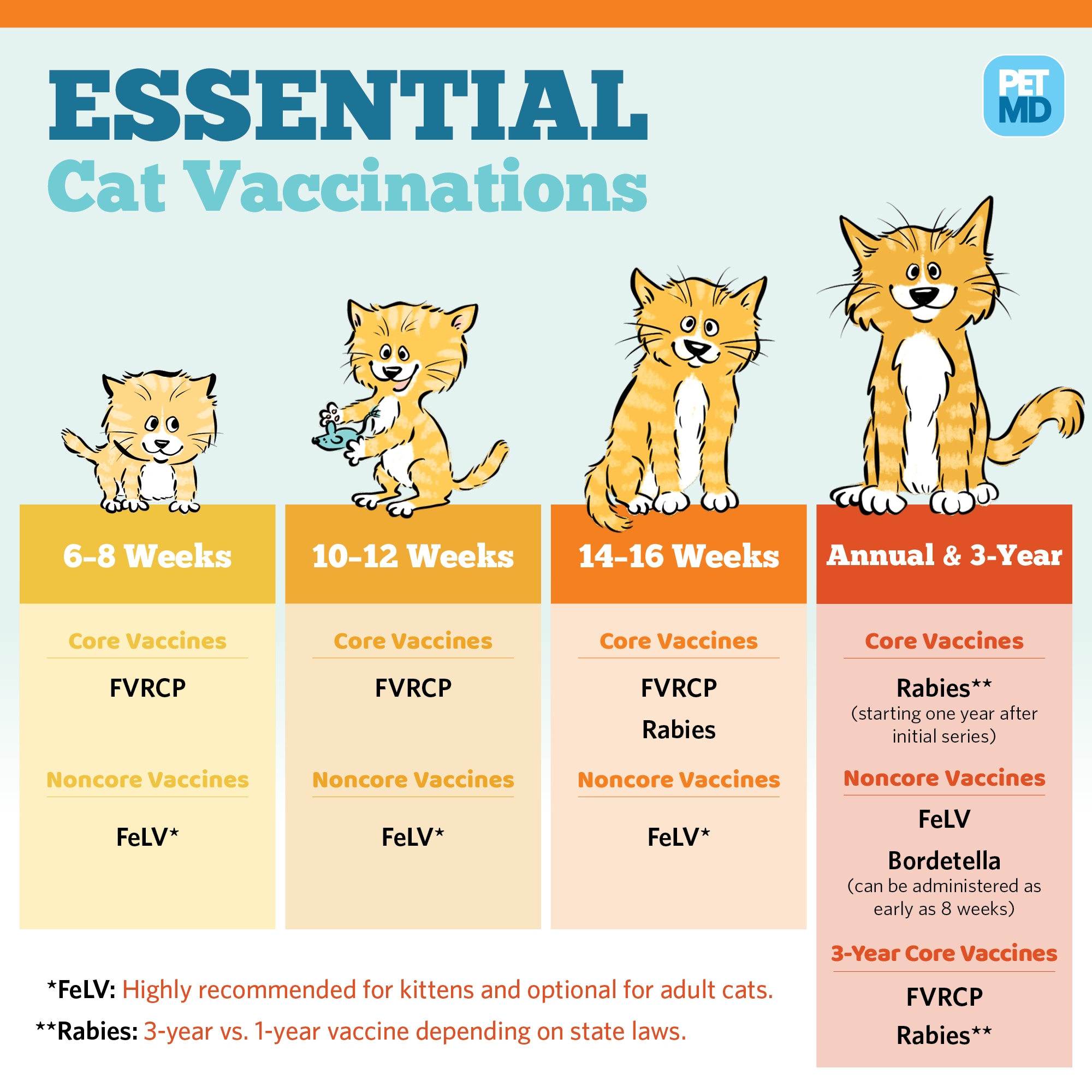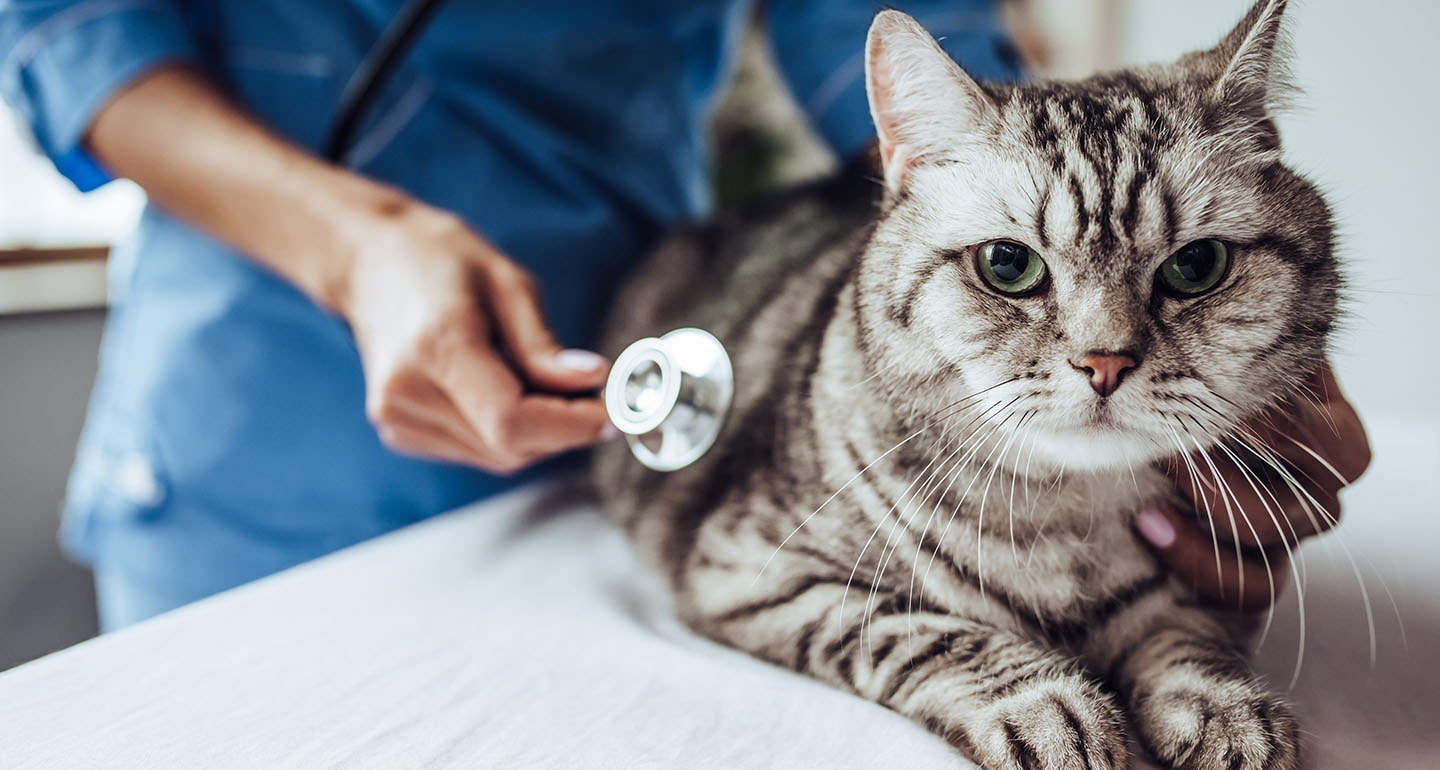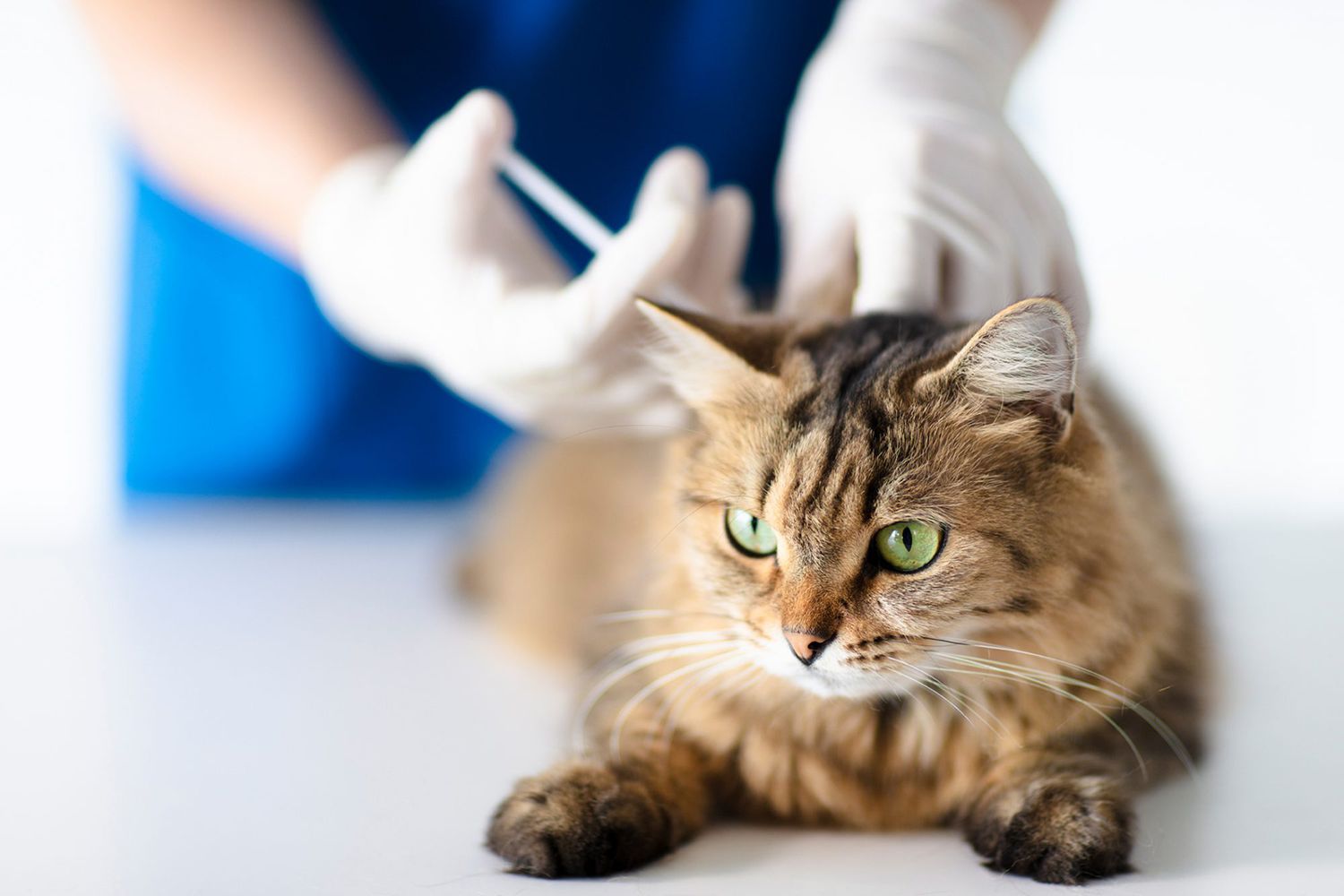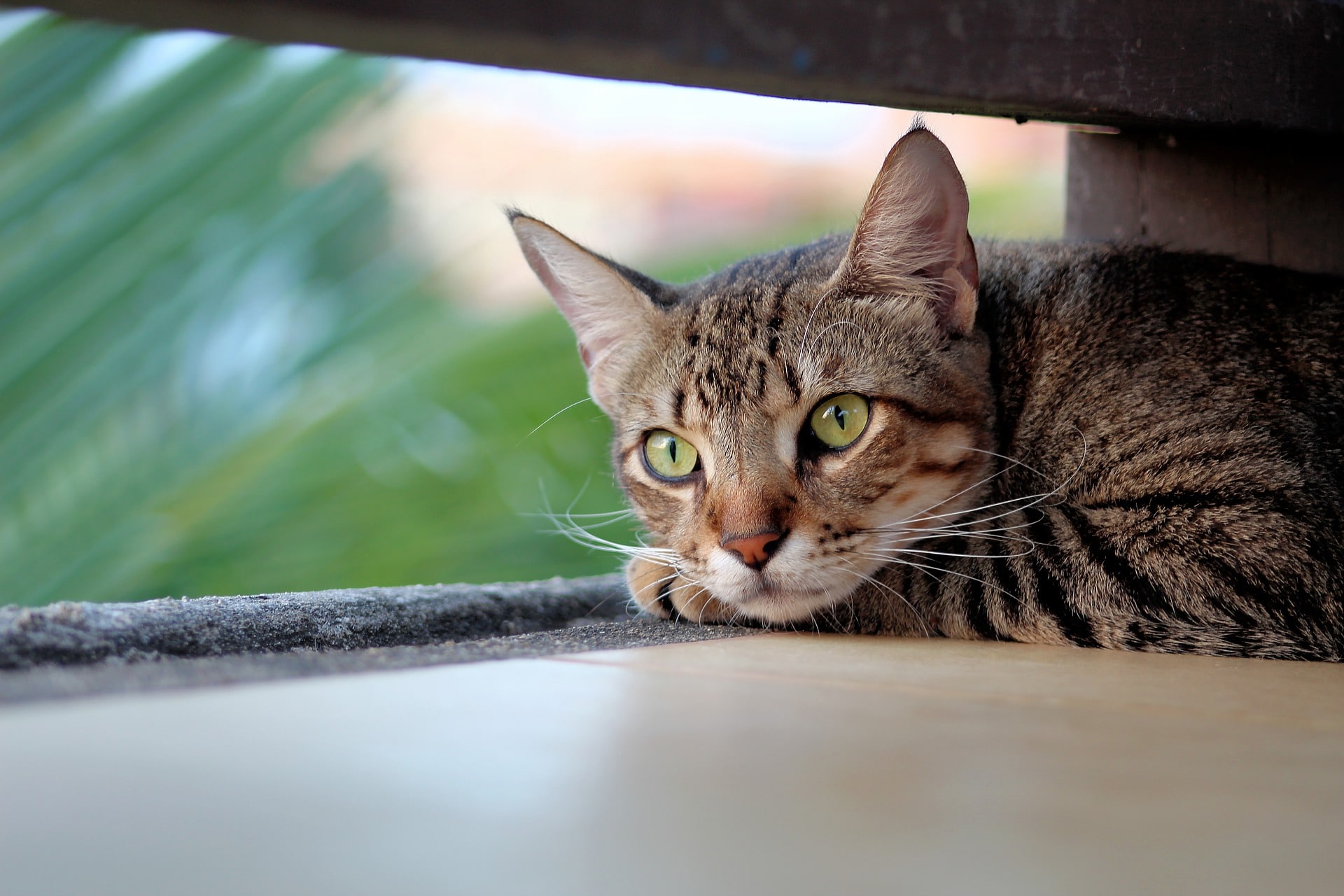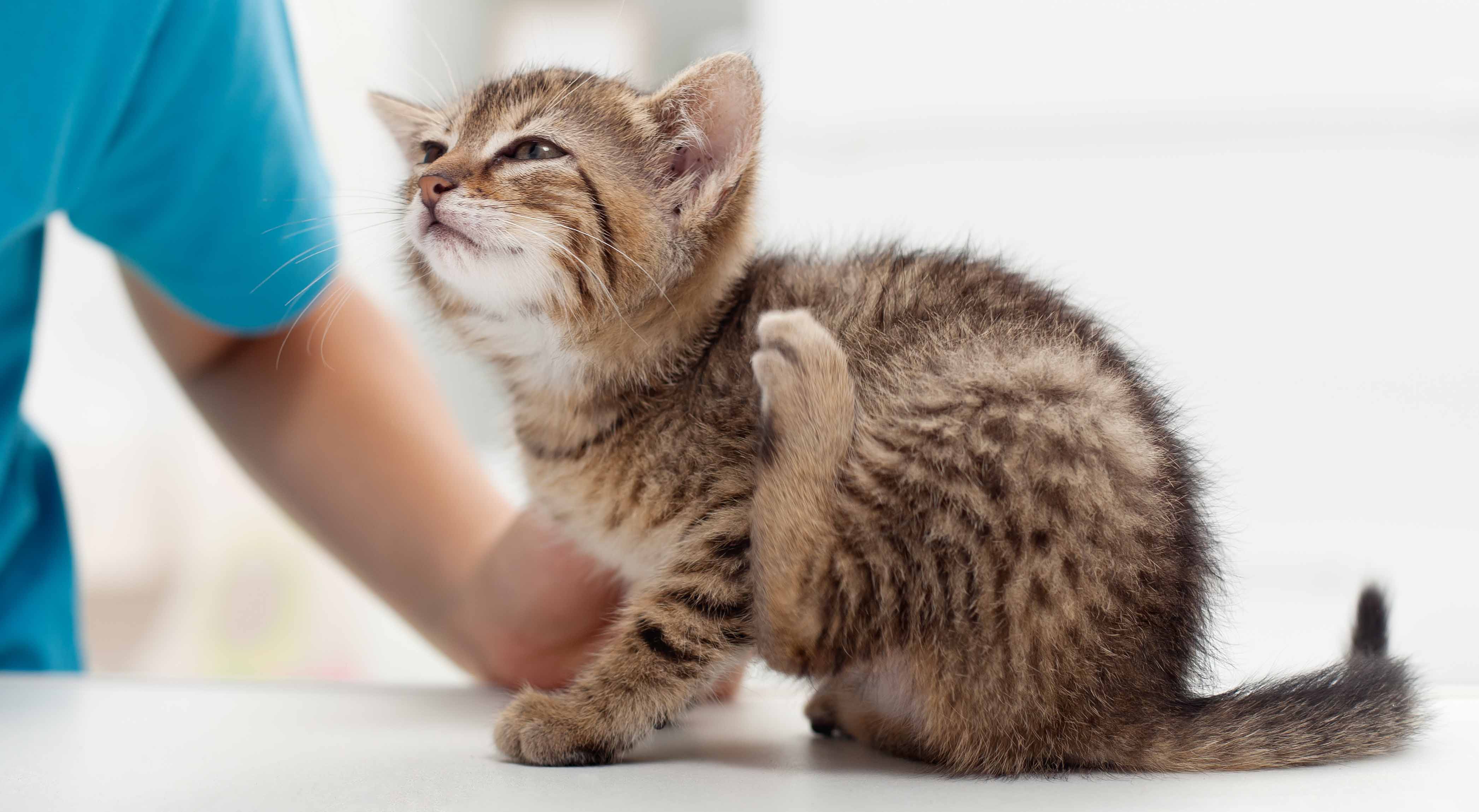Fvrcp Vaccine For Indoor Cats

Administered to kittens at 6-to-8 weeks old and once per year or every two to three years for adults it gives you peace.
Fvrcp vaccine for indoor cats. Panleukopenia also known as feline distemper Feline. Rhinotracheitis is triggered by the common feline herpes virus. For indoor-only cats the recommendation is to administer the vaccine every three years.
The initial shots administered to kittens help them develop immunity. You might have guessed my answer to the question Should you vaccinate your indoor cat is yes. The FVRCP feline viral rhinotracheitis calicivirus panleukopenia also referred to as a distemper vaccine is first given to kittens as a combination vaccine every three.
Shown to be effective for vaccination of healthy cats 8 weeks of age or older against feline rhinotracheitis calici and panleukopenia viruses. Only two vaccines for cats are considered core vaccines which means they are universally recommended regardless of a cats living situation. Because FVRCP is a live vaccine it should not be given to pregnant cats.
One is the rabies shot which helps prevent cats from contracting the often deadly virus and passing it on to other animalsas well as humans. Click to see full answer. If there is any risk of exposure a cat should receive a leukemia vaccine for examplebecause if theyre exposed to it its too late Core.
Some vaccines are recommended for all cats. Is the FVRCP Vaccine Necessary for Indoor Cats. The core FVRCP vaccine also prevents rhinotracheitis and calicivirus which are upper respiratory viruses of cats.
Non-core discretionary or optional vaccines as recommended by the AAFP for kittens and cats with a risk of exposure to specific diseases. NOBIVAC FELINE 3-HCP PROVIDES PROTECTION FOR MULTIPLE VIRUSES. Symptoms include sneezing a runny nose and drooling.
